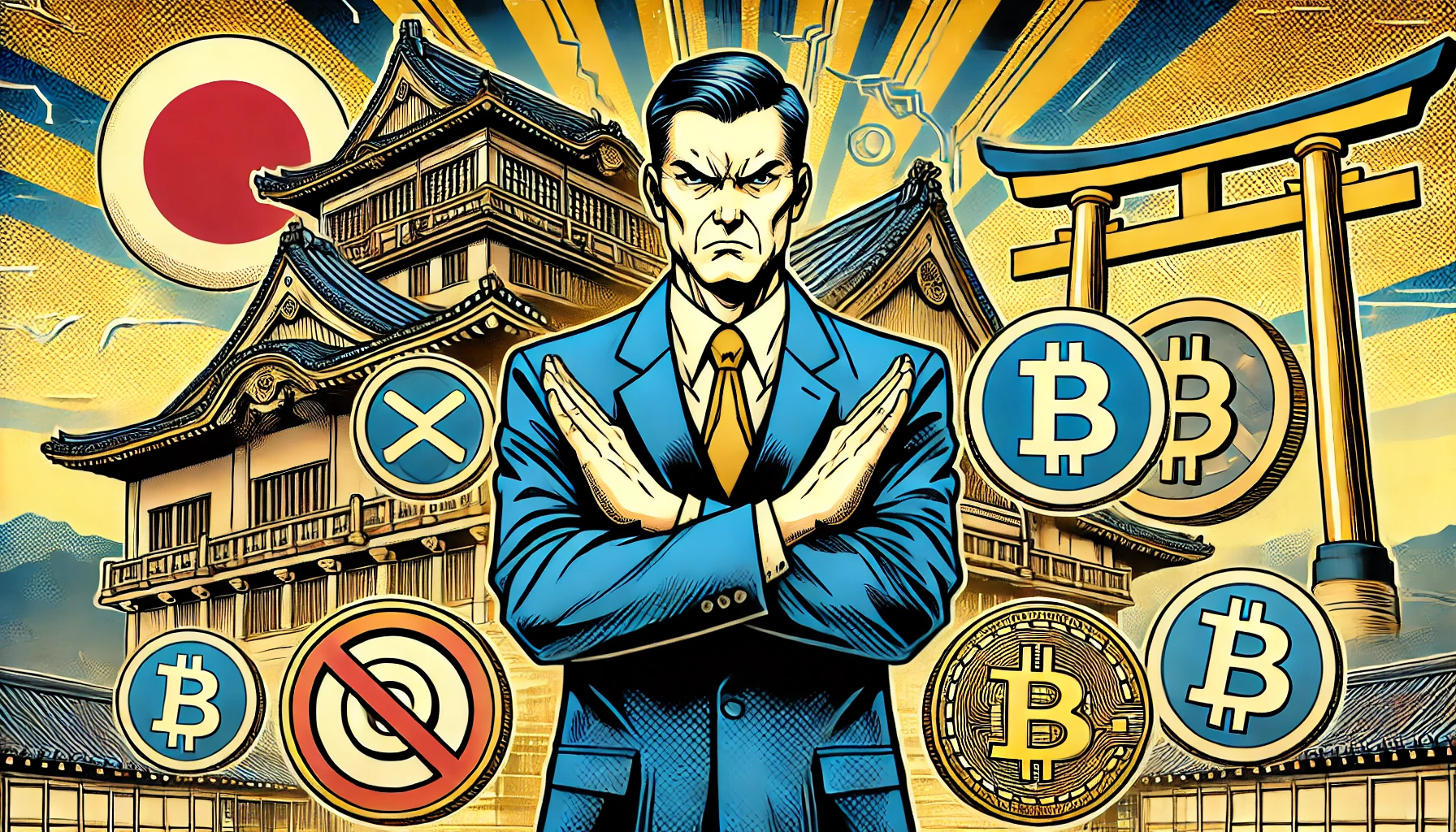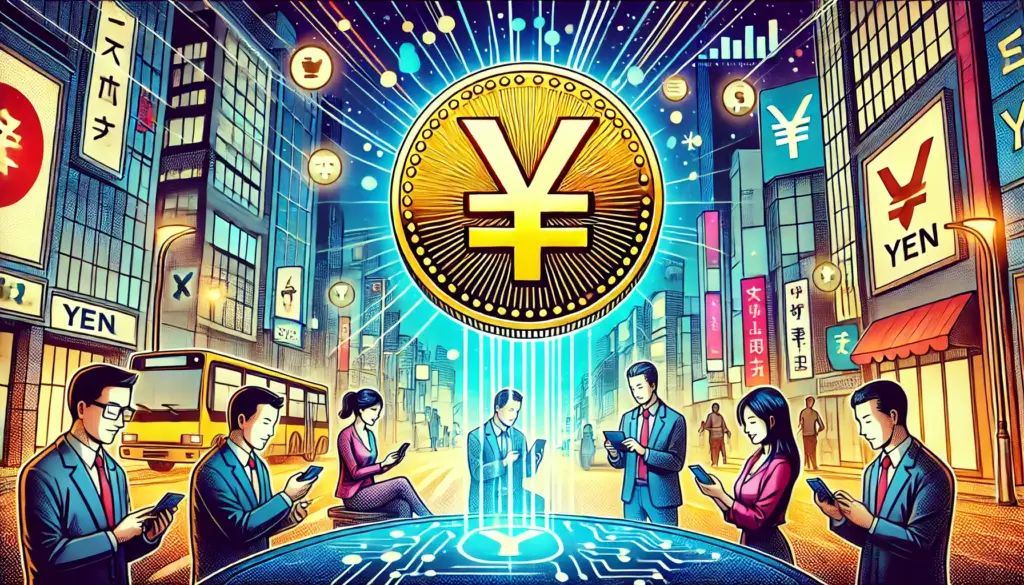
Japan is often seen as a leader in tech innovation. Yet when it comes to cryptocurrency, the country takes a surprisingly cautious stance. Only a small number of crypto assets are legally tradable in Japan, and the government continues to enforce strict rules.
Why is this the case? Let’s take a closer look. 👇
🛡️ 1. Past Scandals Shaped a Strict Framework
Japan’s cautious attitude toward crypto began after major scandals involving Japanese exchanges. These incidents led the government to introduce one of the world’s most comprehensive legal frameworks for crypto exchanges.
All crypto exchanges in Japan must register with the Financial Services Agency (FSA). They are required to meet strict standards related to capital, cybersecurity, auditing, and anti-money laundering. Because of these strict requirements, only a limited number of exchanges operate legally—and only offer a small list of approved tokens.
🧱 2. High Barriers to Listing New Tokens
Japanese exchanges cannot freely list new crypto assets. Instead, each token must go through a detailed review process by the authorities. They examine technical risks, legal clarity, liquidity, and past usage history. As a result, many popular global tokens are unavailable for Japanese users, even if they are widely traded elsewhere.
This system is meant to protect investors—but it also slows innovation and limits market diversity.
💰 3. Harsh Taxation on Crypto Profits
Crypto profits in Japan are taxed as miscellaneous income. This means that gains are added to a person’s overall income and can be taxed at rates of up to 55%.
There’s no flat tax rate like in some other countries, and you cannot carry losses forward into future years. These conditions make crypto trading less attractive, especially for long-term investors or those with high income.
🔒 4. Strict Controls on Leverage and Margin Trading
To limit speculation and risk, Japan caps leverage for retail crypto trading at just 2x. This is much lower than in many other countries. While this reduces the chance of sudden liquidation, it also makes it harder for traders to make meaningful gains without large capital.
The environment is designed for risk control, not aggressive growth.
👥 5. Cautious Culture and Risk Aversion
Japanese society is generally risk-averse. Investors often prefer safer, more traditional options like savings accounts, domestic stocks, or government bonds. This conservative mindset also influences government policy.
Unlike the U.S. or Europe, Japan has not introduced crypto ETFs or adopted broad legislation to encourage Web3 innovation. Policymakers are careful, and reforms come slowly.
💳 6. Limited Everyday Use of Crypto
Although some stores in Japan accept Bitcoin or other tokens, crypto has not taken root in daily life. Most holders are investors, not users. There is also a tax burden even when using crypto for shopping, which discourages real-world usage.
Without utility in everyday life, it’s harder for crypto to gain wider public support or policy momentum.
🇯🇵 Summary: Japan’s Crypto Landscape
| Category | Japan’s Approach |
|---|---|
| Exchange Regulation | Extremely strict |
| Token Listings | Highly limited |
| Taxation | Up to 55%, no loss carryover |
| Leverage | Max 2x for individuals |
| ETF & Institutions | Not available |
| Real-world Use | Very limited |
🔍 Final Thoughts
Japan’s crypto regulations prioritize investor protection and financial stability. But this safety comes at a cost: fewer tradable assets, high taxes, and slow innovation.
If Japan wants to remain competitive in the global Web3 space, it will need to loosen some restrictions—especially around token listings, taxation, and product development.
Until then, Japanese investors will continue to face a very narrow crypto landscape.





















































